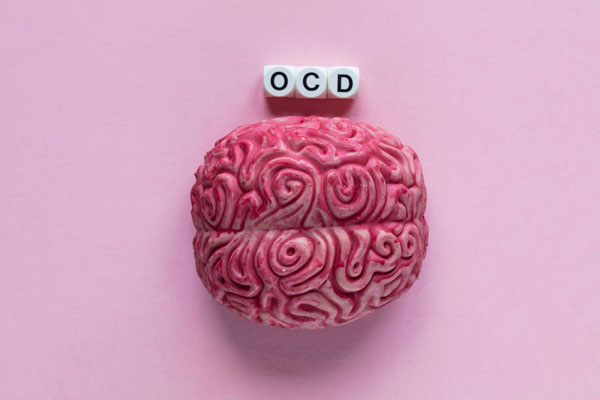 Transcranial magnetic stimulation (TMS) can treat an ever-growing number of mental health issues. One condition is obsessive-compulsive disorder (OCD), an illness that can affect a patient's daily life. The symptoms of OCD can range from mild and annoying to downright debilitating.
Transcranial magnetic stimulation (TMS) can treat an ever-growing number of mental health issues. One condition is obsessive-compulsive disorder (OCD), an illness that can affect a patient's daily life. The symptoms of OCD can range from mild and annoying to downright debilitating.
Sometimes, traditional treatment options for OCD have their limits, where patients fail to respond to therapy and medication. This is when mental health professionals can introduce TMS therapy to boost the efficacy of medication and behavioral modification. Keep reading to learn how TMS can change a patient's brain activity for their benefit.
TMS therapy in a nutshell
TMS is the application of a targeted magnetic field to the regions of the brain responsible for specific functions. These functions include regulating emotional response, mood, and motor function.
Applying a magnetic field to pinpoint areas of the brain can either increase or inhibit neural activity. This is what TMS therapy is all about: resolving symptoms of mental health conditions by increasing or inhibiting activity in target nerves and neural networks.
OCD explained
OCD is a condition with two parts that make up the whole. The first part is the obsessive phase, where an individual experiences a pattern of intrusive, unwanted thoughts. These thoughts will often have elements of fear or anxiety, and they trigger the second part of OCD.
The second phase of OCD is compulsion, which is a reaction to the obsessive thoughts that the patient experiences. Compulsion takes the form of repetitive, often uncontrollable behaviors that take up time and energy while causing distress. The lack of control that the patient feels could cause secondary mental health issues. It is worth noting that existing mental health issues can cause OCD.
OCD and TMS therapy
OCD is a mental health problem with physiological symptoms that a doctor can track with medical imaging. The condition often presents as hyperactivity in the connections between the following regions of the brain:
- Prefrontal cortex, which regulates mood, emotion handling, and voluntary motor function
- Striatum, which oversees cognitive functions like decision-making, planning, motivation, and reward perception
- Thalamus, which regulates consciousness, alertness, and certain motor functions
TMS therapy will primarily target the prefrontal cortex and by extension, its connections with the striatum and thalamus. A psychiatrist will often use brain imaging to find an optimal location to apply the magnetic field from the TMS equipment. They will apply magnetic pulses with an intensity and frequency that increase or decrease brain activity. This serves to reduce symptoms of OCD in the hours and weeks after each TMS session.
Mental wellness within your reach
Our team works to create effective, long-term solutions that improve the daily lives of our patients. Get in touch with us to find out how we can create a custom treatment plan for you. Our psychiatrist will schedule an evaluation and walk you through the treatments that are most suitable for you. They will let you know if TMS is a therapy that can make a difference in your life.
Request an appointment or call Hope TMS and Neuropsychiatric Center at 646-578-8152 for an appointment in our New York office.
Recent Posts
Transcranial magnetic stimulation (TMS) is a cutting-edge treatment that offers hope for people dealing with depression and anxiety, especially those who have not found relief with medication or therapy. TMS is a non-invasive procedure that uses magnetic fields to stimulate specific areas of the brain involved in mood regulation. This innovative approach is helping many…
Transcranial magnetic stimulation (TMS) has gained recognition in recent years as an effective treatment option for patients with depression that does not respond to medication. TMS was certified by the Federal Drug Administration (FDA) in 2008, and it is now widely accessible across the United States.According to the National Institute of Mental Health, over 17…
Transcranial magnetic stimulation therapy, or TMS therapy, stimulates the brain to manage symptoms of depression and other mental health issues. Psychiatrists recommend the treatment to patients who fail to respond to more conventional therapies. Read on to learn how TMS works and whether the treatment is a good fit.Psychiatry involves crafting personalized treatment plans that…


